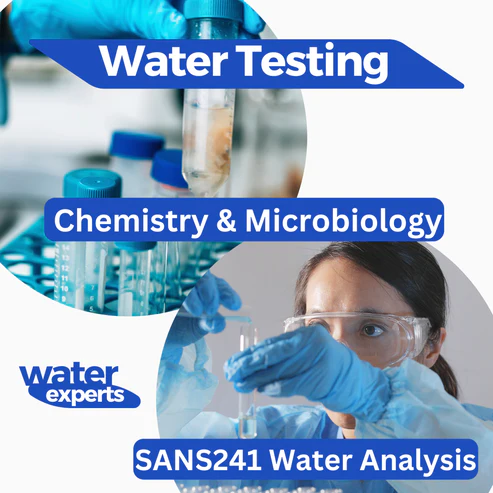Ever stared at the water aisle in confusion, wondering what’s the difference between filtered and purified water? You’re not alone! Both filtration and purification aim to give you cleaner, tastier water, but they tackle the job in slightly different ways. Let’s dive in and get this mystery sparkling clear!
Filtration: Straining Out the Big Stuff
Filtration: Straining Out the Big Stuff
Imagine a fine mesh sieve. That’s essentially what a water filter does. It uses a physical barrier to trap unwanted particles like sediment, rust, and even some chlorine. This improves taste, odour, and clarity, making your tap water more enjoyable. Common filters include pitcher filters, faucet-mounted filters,whole house filters and even those cool straw filters you use for camping.

Filtration’s Pros and Cons:
- Pros: Affordable, easy to use, retains beneficial minerals
- Cons: Doesn’t remove all contaminants, especially microscopic ones like bacteria or viruses
Purification: The Deep Clean
Water purification takes things a step further. It employs methods like reverse osmosis, distillation, or UV light to eliminate a broader range of nasties. These methods can remove not only particles but also bacteria, viruses, and even dissolved chemicals. Think of it as a high-tech defence system for your drinking water.

Purification’s Pros and Cons:
- Pros: Removes a wider range of contaminants, including viruses and bacteria
- Cons: Can be more expensive, some methods remove beneficial minerals
So, Which One Do You Need?
The answer depends on your water source and needs. If you’re generally happy with your tap water’s taste and safety (municipal supplies are usually treated), a filter might be enough to enhance taste and remove some chlorine. But if you’re worried about bacteria or have a private well, a purifier might be a better choice.
Here’s a handy cheat sheet to help you decide:
- For slightly better-tasting tap water: Filtration
- For potentially contaminated sources (e.g., wells, lakes): Purification
If you’re unsure about your water source: Get it tested! This will help you identify specific contaminants and choose the right treatment method.

The Final Sip
Whether you choose filtration or purification, you’re taking a step towards cleaner, healthier water. Remember, both methods have their strengths, and understanding the difference empowers you to make the best choice for your needs. Now go forth and quench your thirst with confidence!

